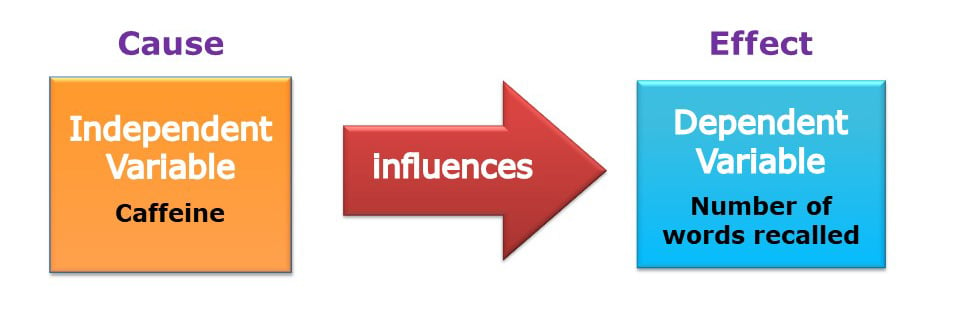Reliability In Psychology Research: Definitions & Examples
Reliability in psychology research refers to the reproducibility or consistency of measurements. Specifically, it is the degree to which a measurement instrument or procedure yields the same results on repeated trials. A measure is considered reliable if it produces consistent scores across different instances when the underlying thing being measured has not changed.| Simply Psychology



